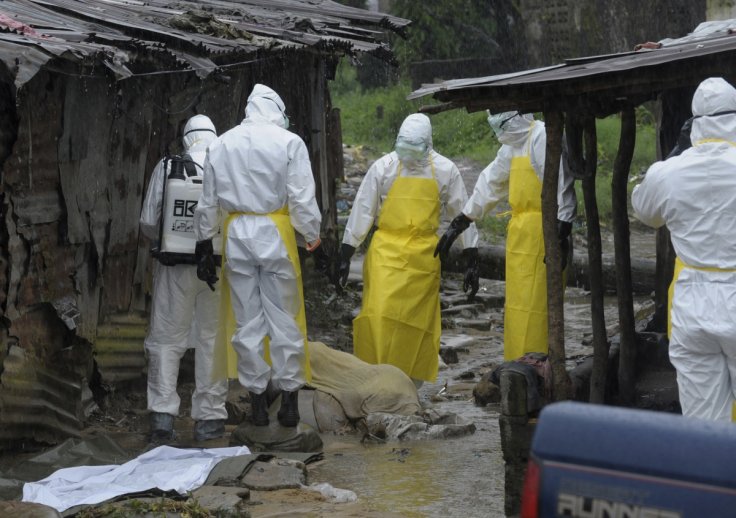
A meeting held by the World Health Organisation (WHO)'s Emergency Committee regarding Ebola virus disease in the Democratic Republic of the Congo (DRC) concluded that that the virus outbreak in the African country does not constitute a global health emergency.
At a press briefing, the acting chair of the committee, Dr Preben Aavitsland, confirmed that the outbreak is "a health emergency in the Democratic Republic of the Congo" but that the situation does not yet meet the criteria for being declared as a Public Health Emergency of International Concern (PHEIC).
A press release also stated that although the outbreak in Congo continues to be a risk to neighbouring countries, the possibility of the virus spread to countries outside the region remains low.
According to the International Health Regulations (IHR), for such a declaration, an outbreak must constitute a risk to other countries and require a coordinated response. The declaration achieves an international response and attracts funding.
While the international body has declared four global health emergencies before, including the swine flu outbreak in 2009, polio in 2014, Ebola outbreak in Uganda in 2014 and zika virus in 2016, this is the third time it declined to declare the Ebola outbreak in Congo as a public health emergency.
The committee expressed that they were "deeply disappointed" that they have not received the funding and resources needed for the outbreak and called for the international communities to "step up" for funding.
The virus outbreak that has claimed lives of more than 1,400 people in Congo had transferred into neighbouring countries, with the first case Ebola case in Uganda reported by the international organisation on June 11. Along with the first reported case of a five-year-old child from Congo, two new cases were recently identified by Ugandan authorities. The case of the child's three-year-old brother and 50-year-old grandmother, are currently monitored by health providers in isolation at a hospital near the DRC-Uganda border.
Official figures indicate that around 130,000 people have been vaccinated in Congo. The virus outbreak is the second-worst reported on record. The 2014–2016 outbreak in Uganda was the largest Ebola outbreak since the virus was first discovered in 1976.
Convened by the Secretary-General of United Nations, Antonio Guterres, the meeting took place on Friday, June 14, in Geneva.









